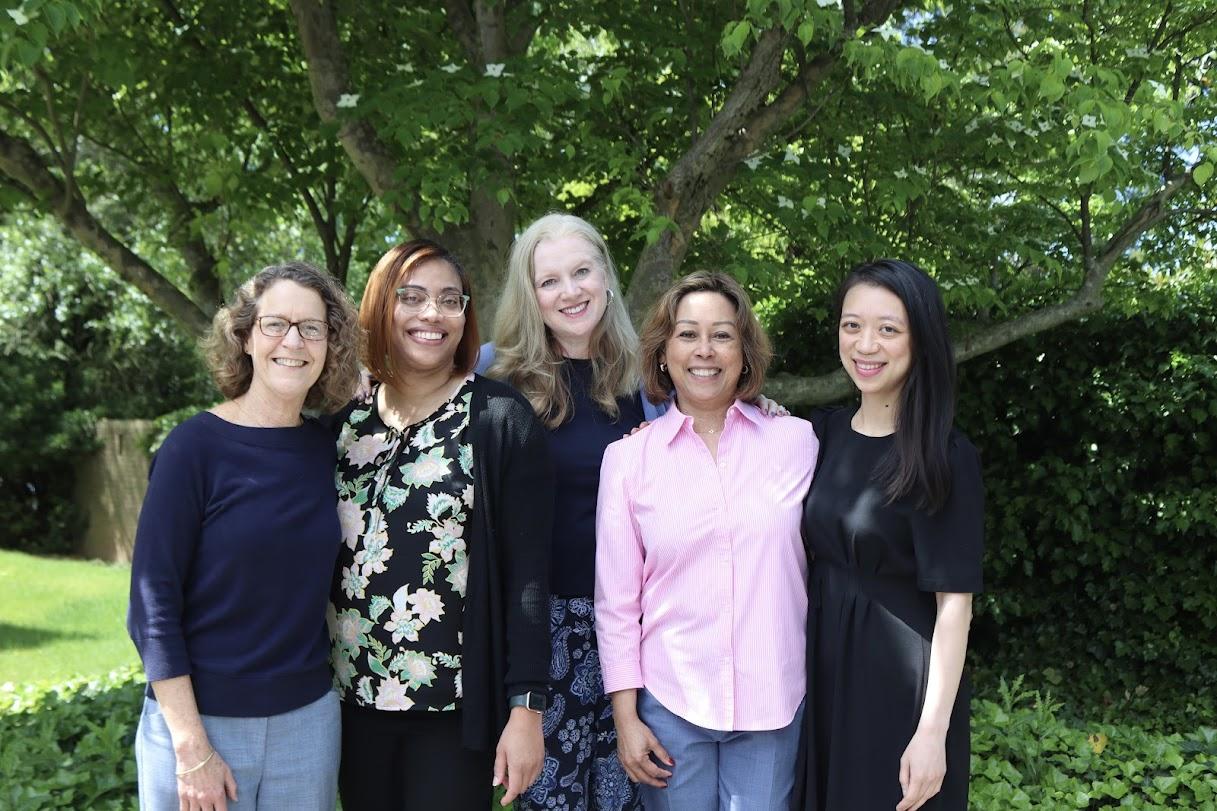Advancements in the treatment of pediatric cancers, including brain tumors, have paved the way for an increased focus on research investigating the effects of cancer and its treatment on the cognitive functioning, emotional well-being, and quality of life (QOL) of children. The identification of specific acute and long-term effects may help lead to the development of less toxic treatments as well as interventions designed to ameliorate functional impairments. Children with other chronic medical conditions, such as neurofibromatosis type 1 (NF1), who are being treated at the Pediatric Oncology Branch (POB) to reduce their tumor burden, also are at increased risk for cognitive deficits and social-emotional difficulties, which often impact their QOL and daily living skills. The Health Psychology and Neurobehavioral Research Program of the Behavioral Health Core administer repeated neurobehavioral assessments to characterize the longitudinal effects of disease and treatment on cognitive and behavioral functioning, conduct interventions to help patients remediate cognitive deficits and cope with stressors and chronic pain, and develop novel assessment tools to better evaluate neurobehavioral outcomes.
Research
As part of the Behavioral Health Core, the primary aim of the Health Psychology and Neurobehavioral Research Group, led by Dr. Pam Wolters, is to conduct a systematic collaborative research program to support the scientific efforts of the NCI and other NIH Institutes. The main objectives of our research are:
- To investigate the effects of the disease and treatment on the neurobehavioral functioning of children and adults with cancer and chronic medical illness through longitudinal assessments
- To investigate the causes of neurobehavioral dysfunction by exploring the relationships between neuropsychological functioning and other factors (e.g., disease markers, neurological and neuroimaging abnormalities, biomedical and genetic variables, and environmental and psychological factors)
- To develop and evaluate novel psychological interventions to prevent or remediate neurobehavioral difficulties, such as cognitive late effects or chronic pain
- To develop and validate novel tools to better assess neurobehavioral outcomes
Medical Conditions
The Health Psychology and Neurobehavioral Research Group is involved in numerous medical protocols through collaborations with principal investigators from several NCI branches and NIH institutes. We conduct longitudinal assessment of cognitive abilities, social-emotional functioning, behavioral functioning, and quality of life for children through adults with the following medical conditions:
- primary CNS tumors
- brain metastases
- leukemia
- sarcoma
- neurofibromatosis type 1
- sickle cell disease
- HIV infection
We also develop separate psychological protocols to investigate more specific areas of interest, such as:
- empirically-based interventions for positive adaptation to chronic pain and remediation of cognitive impairments
- development and validation of patient-reported outcomes
Research Interventions
Members of the Health Psychology and Neurobehavioral Research Group are conducting empirically-based psychological interventions to improve the neurobehavioral functioning of children with cancer and NF1.
Cognitive Late Effects
Coping with Pain
Parental Support
- An intervention to help parents of a child with a RASopathy cope with parenting stress (expected to open in late 2021)
Mindfulness for Pediatric Cancers
Psychology Training Program
The Health Psychology and Neurobehavioral Research Group has a training program for students interested in psychology at many different levels, from undergraduate volunteers to postdoctoral fellows. Students have the opportunity to gain valuable experience working with chronically ill populations and learning about all aspects of clinical research. Typically, our group of trainees is comprised of clinical psychology graduate student externs and undergraduate volunteers. For more information please contact Training Director Staci Martin, PhD.
